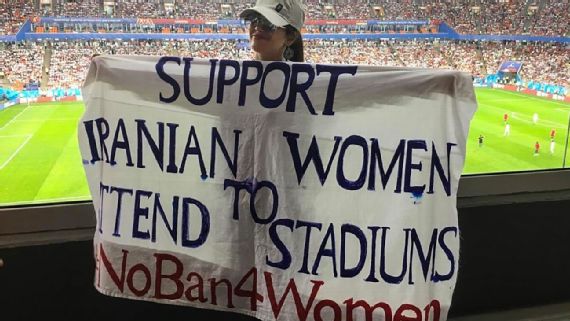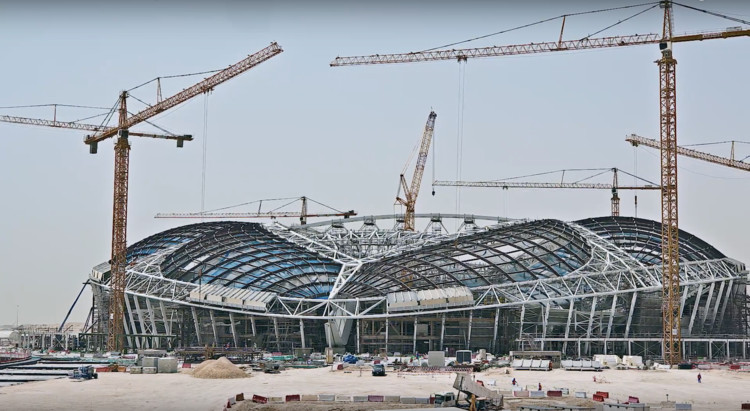After months of strict COVID-19 curbs, there is finally light at the end of the tunnel for residents of Saudi Arabia. As promised on May 26, the nationwide coronavirus curfew was lifted at 6 a.m. on Sunday, June 21, and the country’s commerce and sporting venues are reopening.
It appears that, even though Saudi Arabia is looking towards a “new normal,” some restrictions will remain in place for the foreseeable future. Mandatory face masks and social distancing will remain, as will the ban on international travel and the Umrah pilgrimage until further notice.
As of Sunday, commercial and economic activity will be allowed to restart, “provided utmost caution and protection are taken, as well as observance of full abidance by the precautionary measures and preventive procedures,” an official statement carried by state news outlet the Saudi Press Agency said on June 20. At present, gatherings cannot exceed 50 people, which may limit some workplaces and activities.
On Saturday, in another piece of good news for Saudi Arabia’s business sector and workers, the Ministry of Human Resources and Social Development said that workplaces can increase attendance to 75% starting June 29. In the meantime, the public sector is encouraged to continue to operate on a flexible timetable and facilitate “teleworking” for remote workers.
Sports lovers across the country also rejoiced on Saturday when the Ministry of Sports announced Saudi Arabia’s sports centers and halls can reopen from June 21. Sports facilities must observe a number of COVID-19 control measures including equipment sterilization, providing hand sanitizer, enforcing social distancing, and encouraging patrons to bring and use their own equipment where possible.
Handshakes and physical contact between athletes also remain off-limits under the Ministry of Sports guide. Contact sports like taekwondo and karate will have to wait a little longer before they can recommence tournaments, while spectators and audiences remain banned from all sporting events.
As restrictions ease further, the Ministry of Interior reiterated its calls for all residents to download the country’s tracking and COVID-19 advice application. The new freedoms also came with a reminder that any workplace or individual violating precautionary measures will be prosecuted accordingly.
On Saturday, the Ministry of Health reported 740 new infections, taking Saudi Arabia’s total number of confirmed COVID-19 cases to 154,233, including 1,230 fatalities and 98,917 recoveries.



